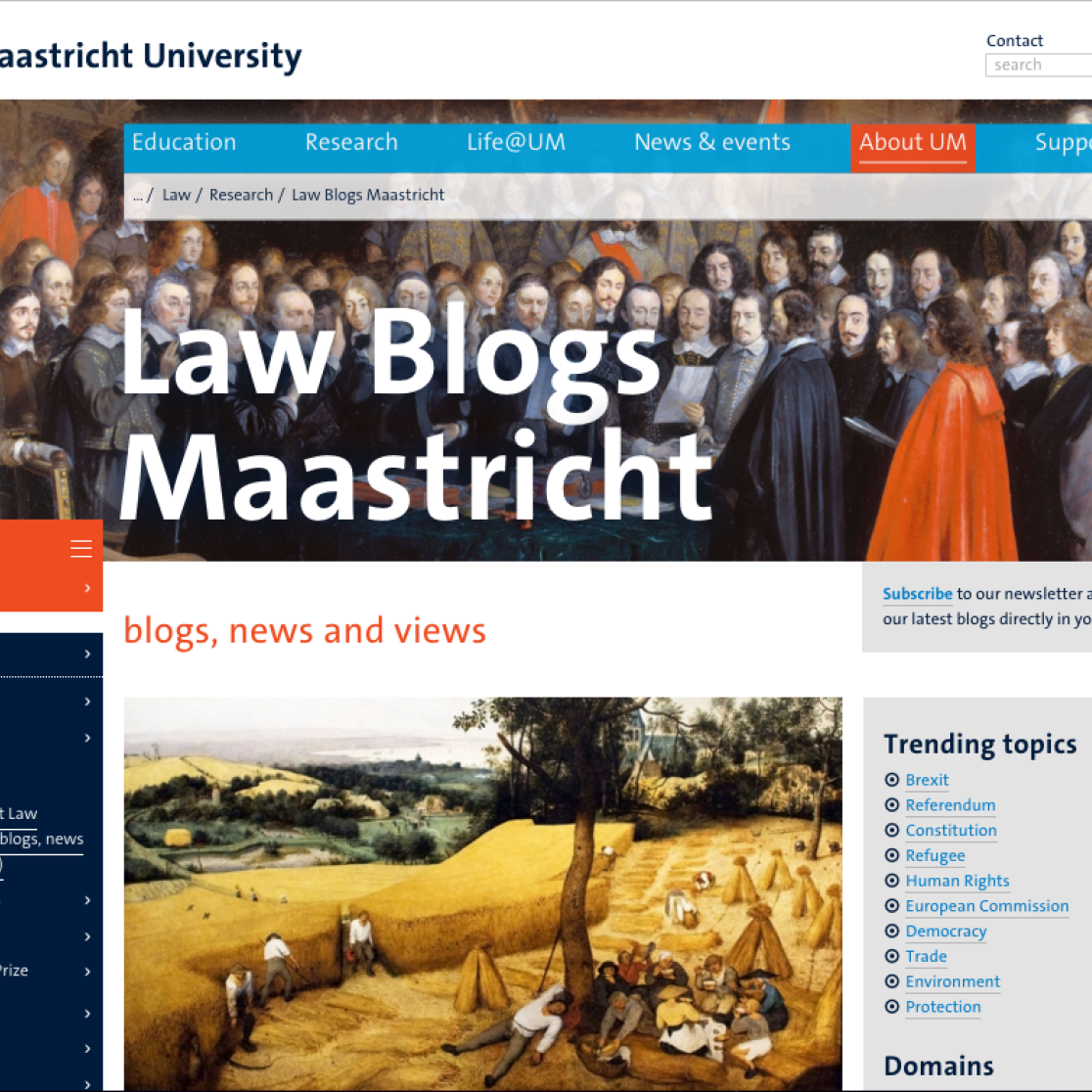Guide 1: How to use blogs to promote your research
Blogs are an excellent way to engage with members of society as well as with members of the research community. They allow you to highlight aspects of your research in conversational language, to pose questions to your readers and to get immediate feedback. You can also discuss your research before it is published in a journal and invite comments on new ideas.
Why should you blog?
You already work so hard on your research, so why should you put in the extra effort to write blog posts? Your research will have little impact without an audience. Blogs help you build an audience for your research by allowing you to:
- provide a more in-depth information about your research
- highlight aspects of your research using short texts and conversational language to appeal to a non-academic audience
- talk about work in-progress directly with your audience
- get feedback and test new ideas
- drive traffic to your journal publications
- tie your research to current events, which could lead to exposure in the press
- highlight evidence in your research to appeal to policymakers
- use the number of followers of your blog to demonstrate your impact in funding applications
What can you write about?
When it comes to finding topics for your blog, think about the things that you find interesting.
Consider writing about:
- your research output or preliminary conclusions
- how your research links to current issues or events
- a response to a recent court ruling
- a reaction to someone else’s research (be sure to tag them)
- a book review
- an upcoming event or event you recently attended
- a response to someone else’s blog post (include a link to their post)

Your interest and enthusiasm for the topic will come across in the text and will be engaging for readers.
Try it out: Write a post for Law Blogs Maastricht
You can try out blogging by writing a post for Law Blogs Maastricht. This will give you a good idea of what blogging is like in a forum that already has an active readership. Read the guidelines for writing LBM blogs and send us an email at law-blogs@maastrichtuniversity.nl to let us know what you are interested in writing about.
Five blog examples
Here are some blog posts from your colleagues at the Faculty of Law to give you an idea of how to write a blog post and what you can write about:

See our additional guide
on writing blogs for LBM
How to increase the visibility of your blog posts
- Promote your posts on social media and include social media sharing buttons on your post so readers can share your posts on their accounts.
- If your blog post is relevant for other pages on the UM website, such as the UM or faculty homepage or the faculty journal, contact the FL research communications advisor at frie.hoekstra@maastrichtuniversity.nl
- Consider doing a guest post on someone else’s blog to encourage curious readers to read your own blog.
- Use keywords in your blog title and introductory paragraph so people who are searching for content on the same subject matter using search engines can find your blog post.

See our social media guide
Prefer making videos to writing posts? Consider a vlog
Some people feel more confident talking about their research in a video than they do writing about it in a blog post.
And some internet users will sooner watch a short video than read a lengthy text. Video blogs, called vlogs, are a great way to connect with an audience and get your message across.
If you’re interested read the guide on how to use videos to promote your research.

Sources for this guide
|
Please contact f.hoekstra@maastrichtuniversity.nl for questions regarding support at the UM Faculty of Law.